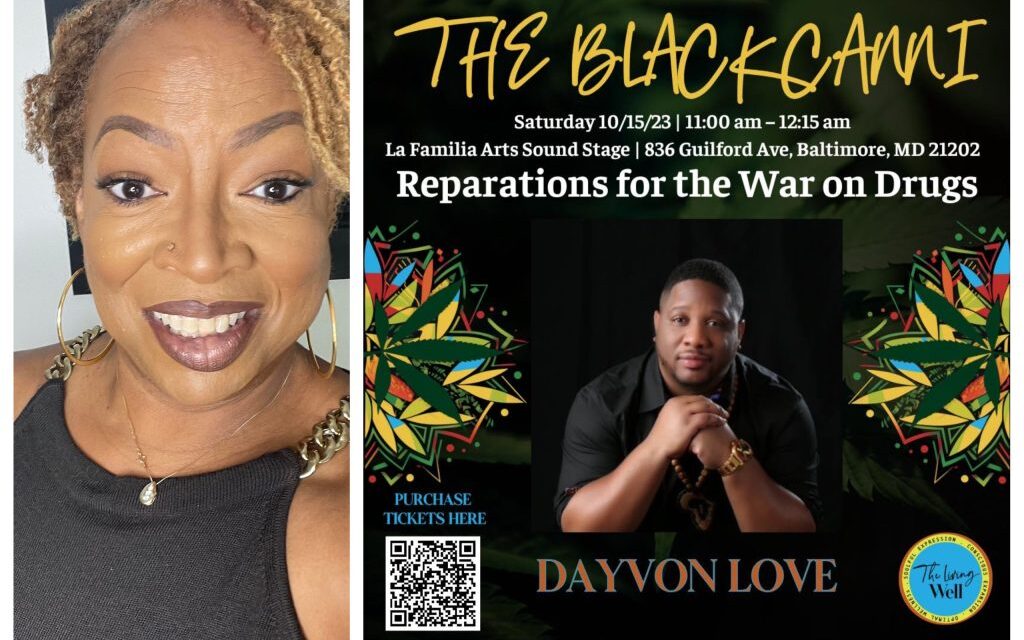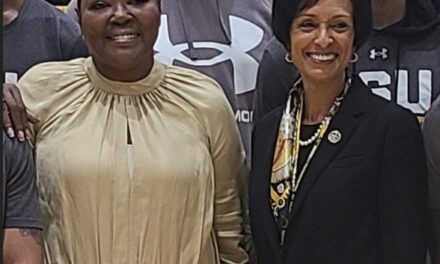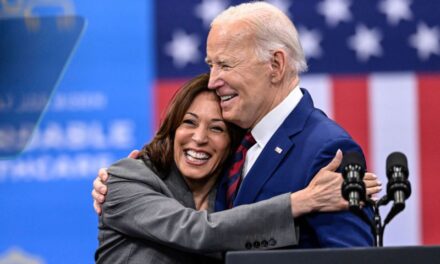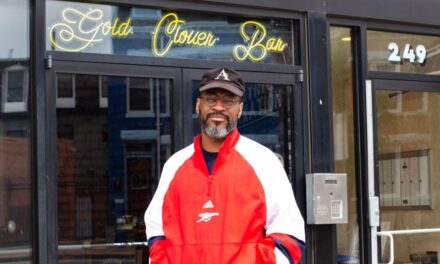By Sean Yoes,
Special to the AFRO
A two-day event focused on African Americans and cannabis will take place Oct. 14 -15.
“The Black Canni” will gather Black cannabis entrepreneurs, educators and enthusiasts for discussions that have become all the more important since recreational use of marijuana became legal in Maryland on July 1.
A series of insightful presentations and workshops will be offered, and cannabis industry leaders and experts will discuss topics such as plant-based medicine, cannabis culinary techniques, business best practices, cultivation, legislation and certification requirements.
“I want people to be more educated about it,” said Maurissa Stone, founder and organizer of “The Black Canni.”
Stone, who is also director of innovation for The Living Well, a Baltimore-based wellness center, is on a mission to make sure people are informed about the properties of marijuana, how to use the substance and how to break into the cannabis industry. Stone says the event is aimed at creating platforms for independent entrepreneurs and thought leaders.
“I want people to understand, from an advocacy perspective, why it’s important for us to have a dog in that fight,” she said.
In 2012, American capitalists officially embraced marijuana as an economic bonanza when Colorado legalized recreational use. A little more than a decade later, cannabis is a multi-billion dollar U.S. industry, with astronomical growth projections worldwide.
Still, the success hasn’t been equal.
“Blacks represent less than two percent in this $100 billion industry and that’s just criminal,” Stone said. “We have a session titled, ‘Beyond the Dispensary.’ We want to talk about the cannabis business– but it doesn’t mean to get into this business that you have to necessarily sell cannabis.”
“There are a lot of ancillary businesses that are popping up that people can take advantage of,” she added.
Programming for The Black Canni will take place at both Baltimore Unity Hall, located at 1505 Eutaw Place, and La Familia Soundstage, at 836 Guilford Avenue.
After generations of governmental “reefer madness,” cannabis has been fast-tracked from the underground to the mainstream. Though viewpoints are changing, some are still holding on to stereotypes about those who use cannabis.
“There are 100,000 total marijuana smokers in the U.S., and most are Negroes, Hispanics, Filipinos and entertainers,” said Harry Anslinger, the first commissioner of the now-defunct Federal Bureau of Narcotics, decades ago. “Their satanic music, jazz and swing, result from marijuana usage. This marijuana causes White women to seek sexual relations with Negroes, entertainers and any others.”
Anslinger was commissioner of the Federal Bureau of Narcotics from 1930 to 1962. He was in office during the implementation of cannabis prohibition, which started in 1937.
Many civil libertarians acknowledge the virulent racism embodied by Anslinger was the rocket fuel that propelled punitive policies and laws regarding cannabis use and other narcotics, and ultimately set the decades-long “war on drugs” in motion. It’s a war that has disproportionately ended and destroyed the lives of Black and Brown Americans.
“We all know because of the war on drugs, that cannabis was included as a political strategy to reinforce the school to prison pipeline,” said Stone.
The days of demonizing the marijuana plant and its users are fading, but Black communities are still suffering from harmful policies regarding cannabis. As a result, another major theme of The Black Canni is the role of cannabis in the fight for restorative justice.
“If somebody can sell cannabis illegally then they know more about the product than someone who was not using it or selling it at all. They are people with the information necessary to bring these businesses into the legal space,” said Nneka Nnamdi, founder of Fight Blight Bmore and a supporter of The Black Canni.
Nnamdi will be pouring libations at the opening of the event.
“I’m doing so from the standpoint of the deep and rich legacy of Black agricultural acumen,” Nnamdi said. “Growing things for our own health and wellness is what Black people do. Whether it is your grandmother having some tomatoes in her garden or it was your grandfather managing a fully working farm. This is our legacy. Part of our birthright is being able to grow food as medicine…whether food or some other type of herb.”
Dayvon Love, director of public policy for Leaders of a Beautiful Struggle, a Black think tank in Baltimore, will make a presentation during The Black Canni titled, “Reparations for the War on Drugs.”
“As Leaders of a Beautiful Struggle (LBS) pursues a local ordinance through the Baltimore City Council that is compliant with HB 837– which passed the Maryland State Legislature during the 2022 legislative session– we will be working with the City Council to craft an ordinance that lives up to the legacy of reparations advocacy,” Love to the AFRO in 2022. “While the focus is on reparations for the war on drugs, given the connection to cannabis legalization…this is one effort among many other important endeavors to advance Black people’s ability to function in this society as a sovereign and empowered community.”
Stone hopes bringing The Black Canni forward will help destigmatize cannabis use, which continues to roil some in the Black community.
“Personally, I’ve been a cannabis enthusiast, user for many years. Because of some of the social circles I travel in, sometimes it’s cool, sometimes it’s not. And I know that I’ve been personally demonized for being a cannabis smoker,” Stone said. “Y’all, we can come out. But, not only can we come out, it’s important for us to be educated,” she added.
“At the end of the day The Black Canni is really about organizing. I see this as an organizing venture more so than taking up space in this cannabis industry.”
The post Advocacy and education key as ‘The Black Canni’ comes to Baltimore appeared first on AFRO American Newspapers .











